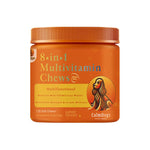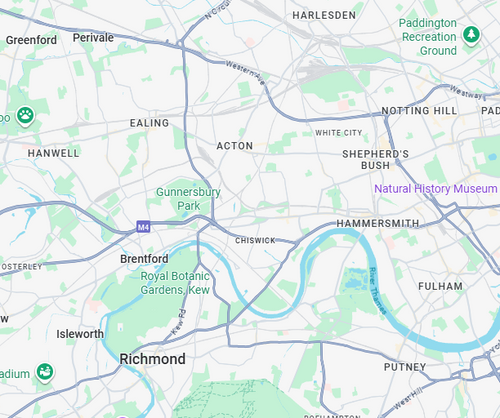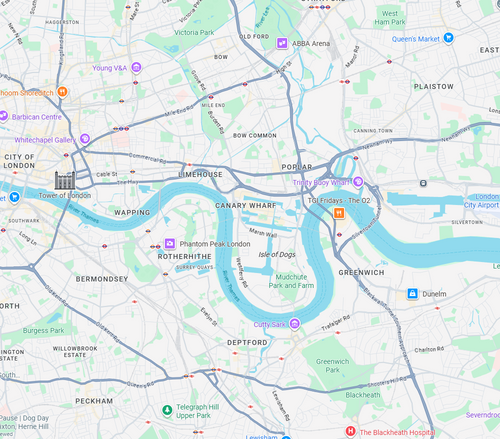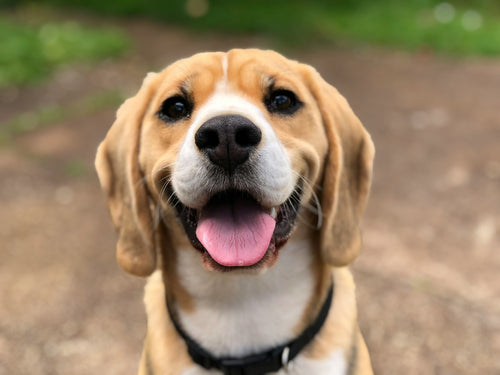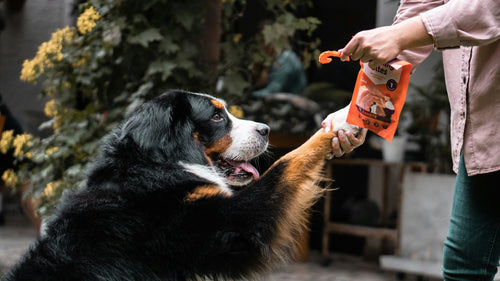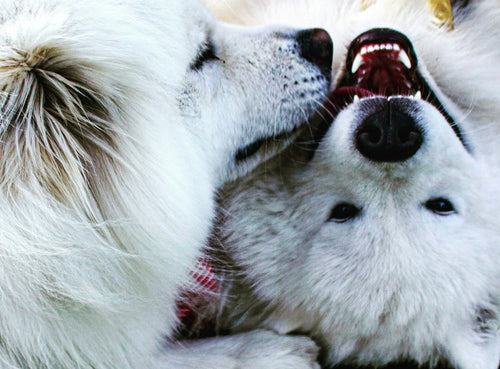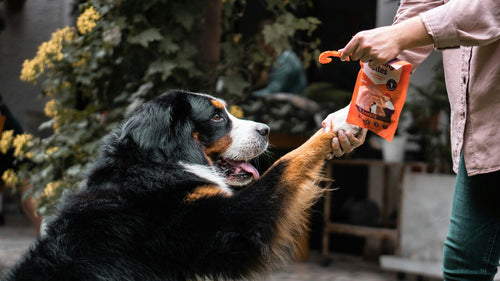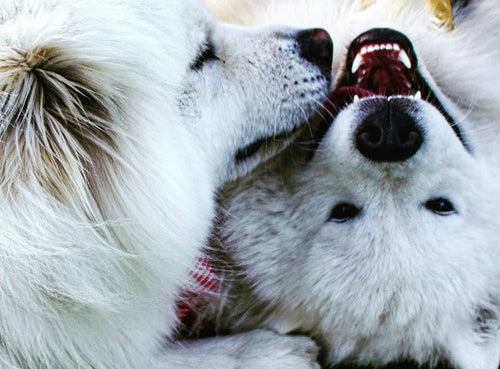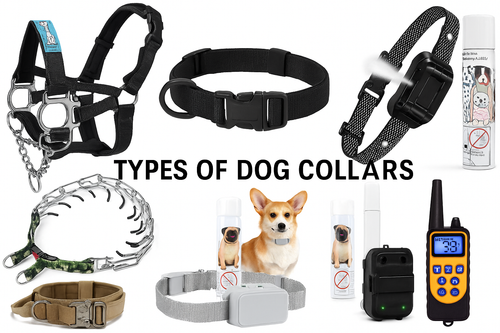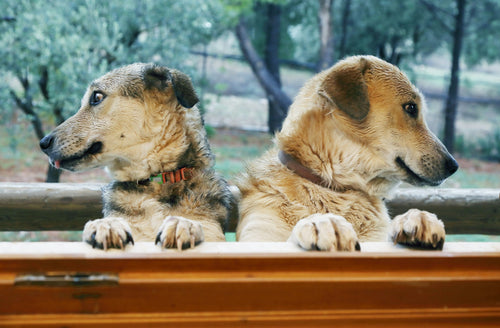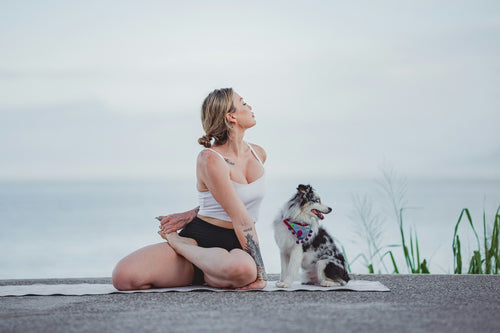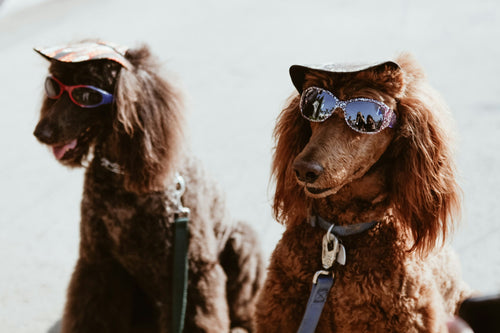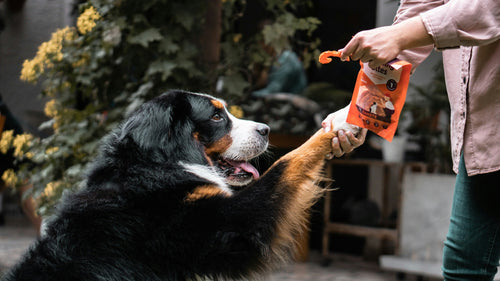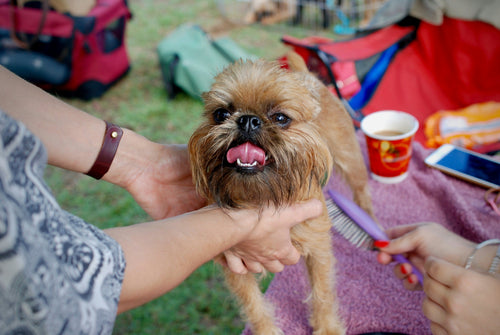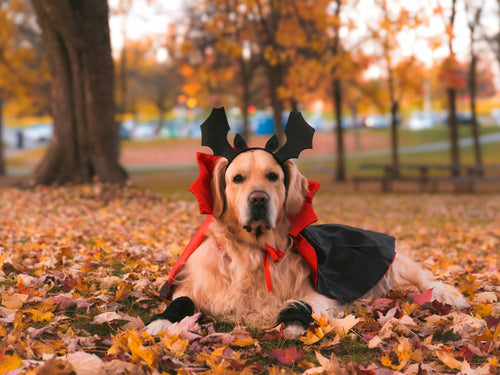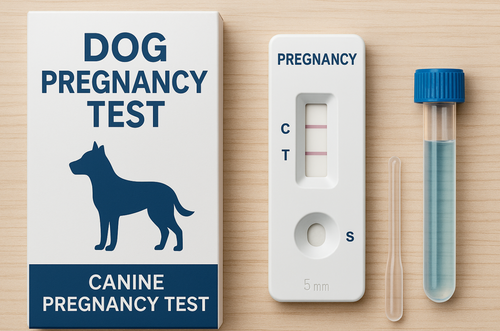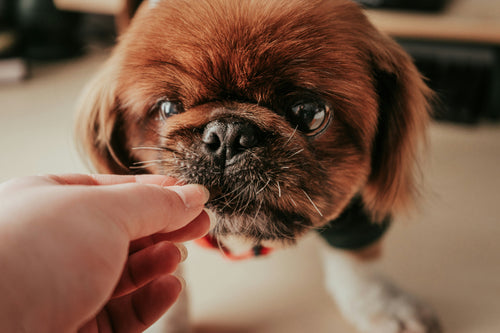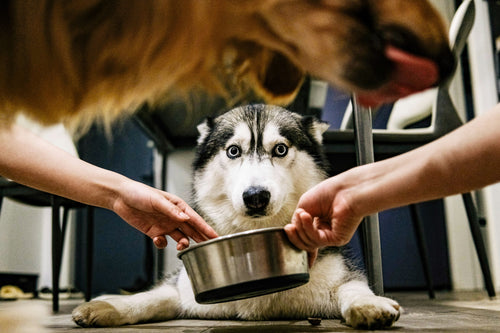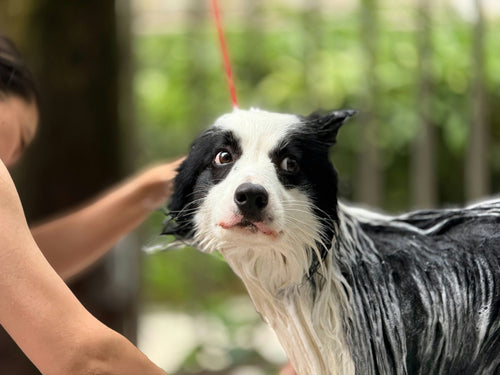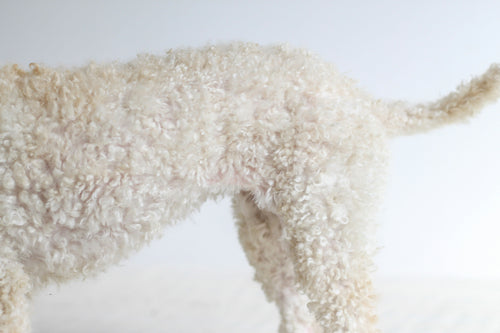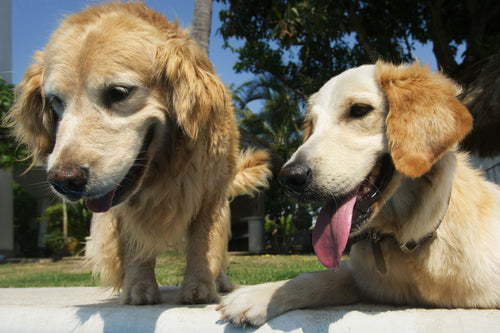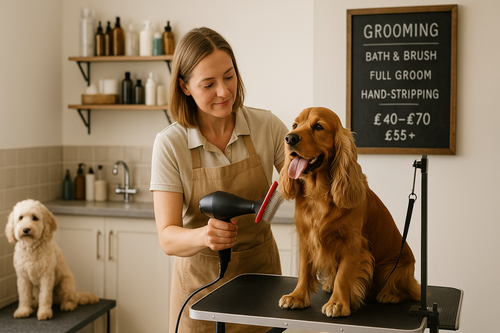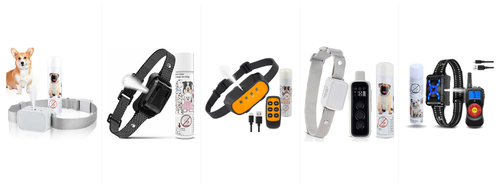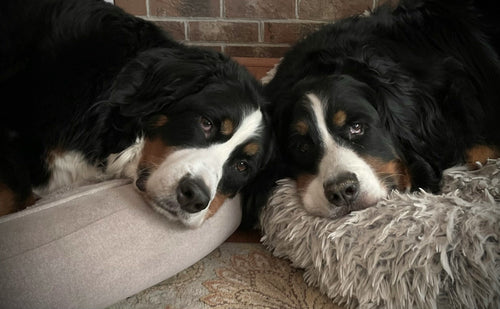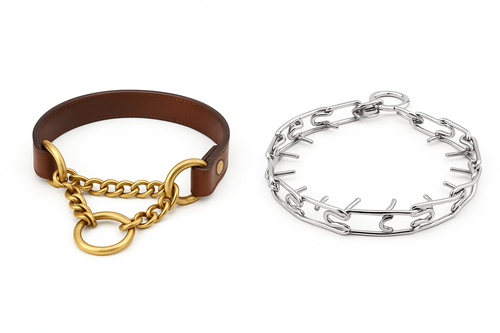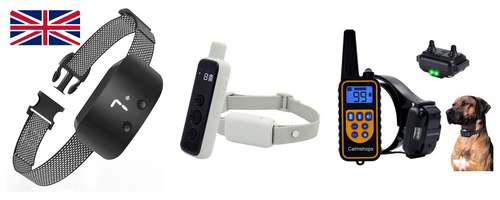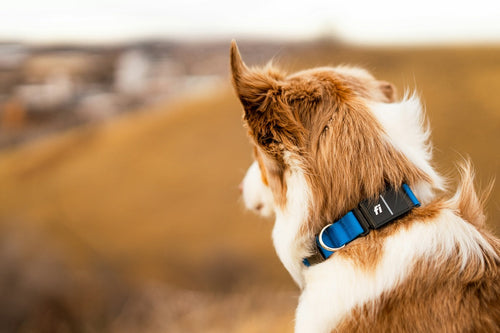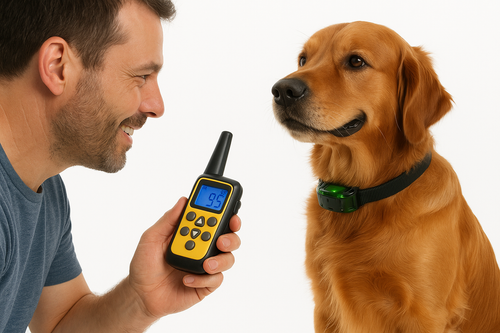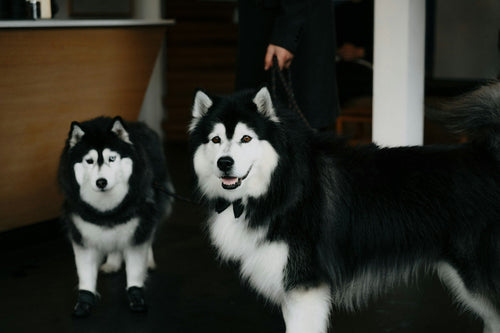As responsible pet owners, it's crucial for us to prioritize our furry friends' health and well-being. One aspect that often goes unnoticed is our dogs' weight. Just like humans, dogs can struggle with weight issues, which can lead to various health problems. In this blog, we will explore how to determine if your dog is overweight and discuss essential steps to manage their weight effectively. Remember, a healthy weight contributes to a happier and longer life for your beloved companion!
Understanding Healthy Weight

Determining if your dog is overweight involves more than just appearance. Factors such as breed, age, and size play a significant role. While it's natural for different breeds to have varying body shapes and sizes, maintaining a healthy weight is essential for all dogs. One common method to assess your dog's weight is through a body condition score (BCS). The BCS is a visual and hands-on assessment that evaluates your dog's body composition. It involves assessing the ribcage, waist, and overall muscle tone. Consult your veterinarian or refer to breed-specific guidelines to determine your dog's ideal body condition score.
Signs of an Overweight Dog
Spotting signs of overweight can help you intervene early and prevent potential health issues.
Here are some indicators to look for:
Difficulty Feeling Ribs: It should be easy to feel your dog's ribs by gently running your hands along their sides. If you struggle to locate or count their ribs due to excess fat, it might be a sign of weight gain.
Lack of Waist: A healthy dog should have a visible waist when viewed from above. If your dog's body appears more rounded or lacks an inward curve between the ribcage and hips, it suggests excess weight.
Low Energy Levels: If your dog seems lethargic or has a decreased interest in physical activities, it could be a consequence of carrying extra weight. Obesity puts added strain on their joints, making movement challenging and tiring.
Labored Breathing: Overweight dogs often experience difficulties breathing, especially after exercise or physical exertion. Excessive fat accumulation around the chest can compress the lungs, making breathing harder.
Managing Your Dog's Weight
If you suspect your dog is overweight, don't panic. With a few lifestyle adjustments, you can help them achieve a healthier weight. Here are some practical tips: Consult a Veterinarian: Schedule a visit to the vet to confirm if your dog is indeed overweight and to discuss an appropriate weight management plan. They can provide valuable insights tailored to your dog's specific needs. Adjust Diet: Start by evaluating your dog's current diet. Switching to a high-quality, portion-controlled, and balanced dog food can make a significant difference. Avoid excessive treats and table scraps, as they can contribute to weight gain.
Exercise Regularly:

Engage your dog in regular exercise to promote weight loss and overall fitness. Activities such as walking, running, playing fetch, and swimming can help burn calories and improve muscle tone. However, consult your vet regarding the intensity and duration of exercise, as it varies based on breed and age. You can buy accessories that will help you to exercise with your dog here, at Calmshops.co.uk website.
Monitor Portions:

Ensure you're providing the appropriate amount of food for your dog's size and age. Use a measuring cup to accurately portion their meals, and consider dividing their daily intake into multiple small meals to prevent overeating. Treat Wisely: Treats are an integral part of dog training and bonding. However, choose low-calorie, healthy treats or consider using their regular kibble as a reward during training sessions.
Track Progress :

Monitor your dog's weight regularly to track their progress. Regular weigh-ins at the vet's office can help ensure you're on the right track. Keep a journal to record changes in body condition, activity levels, and overall well-being.
Recognizing whether your dog is overweight is a vital step in promoting their overall health and happiness. By familiarizing yourself with the signs of obesity, consulting a veterinarian, adjusting their diet, incorporating regular exercise, and monitoring their progress, you can help your furry friend achieve and maintain a healthy weight. Remember, weight management is a long-term commitment that requires patience and consistency. With your dedicated efforts, you can ensure that your beloved dog enjoys a longer, healthier, and more vibrant life.





